


Our team sorts through all blog submissions to place them in the categories they fit the most - meaning it's never been simpler to gain advice and new knowledge for topics most important for you. This is why we have created this straight-forward guide to help you navigate our system.


And there you have it! Now your collection of blogs are catered to your chosen topics and are ready for you to explore. Plus, if you frequently return to the same categories you can bookmark your current URL and we will save your choices on return. Happy Reading!
‘My mum was never good at maths’ or ‘I’m not good at maths’ are statements people seem content to say but would it be the same with reading?
SJ White is attempting to change her attitude as well as others’.

Not only is this what a student said to me recently, it is also true for me, sorry mum! In my student’s example, we fell into a place where it was implied that maths skills may have been inherited rather than learned. When my student said this to me, there were nods and errs in agreement from others. What if the student had said “My mum can’t read” how would peers have responded to that? We can only speculate. There was, however, a general consensus about maths being inherited skills rather than a taught or learned one.
However, you rank or categorise subjects, and English and maths are often significant ones. In further education, it is compulsory to study maths and English until the age of 18 or until you achieve a grade 4, whichever happens first. Look at the local job adverts listed in your area near you now, English and maths qualifications are required in many cases.
I am aware that both English and maths are challenging subjects, for a lot of us. But perhaps we find a lot of subjects challenging, everyone is different and what I find easy you may find difficult and so on. Although I am a maths teacher, by specialism, I myself, am not ‘good’ at maths.
Like I said; “my mum was never good at maths.”
Does that get me off the hook? No, of course, it doesn’t! My maths skills are something that I have to work at, like my English skills, my digital skills, and so many other skills. I acquired new knowledge during my schooling and learned how to improve, and this continues now in education over my lifetime. I am always learning.
When I say that I am not ‘good’ at maths, who do I measure my maths skills against? Mainly colleagues, who are often more gifted than me. But this is OK, I also work with colleagues who are better bakers, writers, artists than me. I still practice these skills; I still learn how to improve.
This narrative of maths being a subject we allow or accept that we are not good at starts with us. Have we used those words? Did we create this tale? Can we change the narrative? I am blogging here as a statement of intent that I too will stop saying that I am not good at maths. (And that my mum was never good at it eother) We can all learn and improve, that’s education.
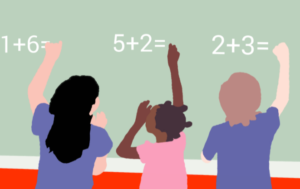
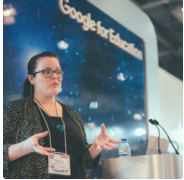
The author

Read more
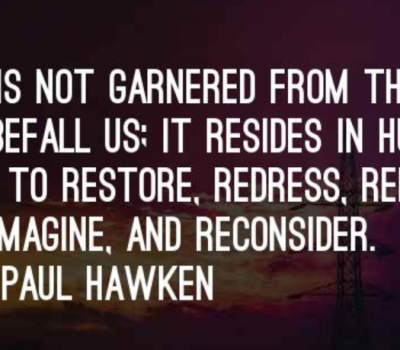
Read more

Read more
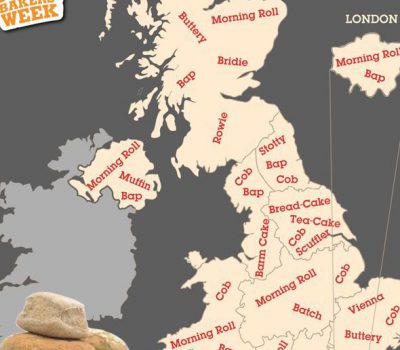
Read more
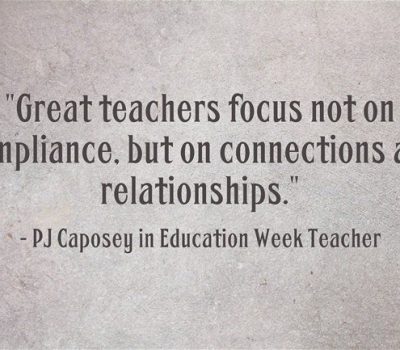
Read more
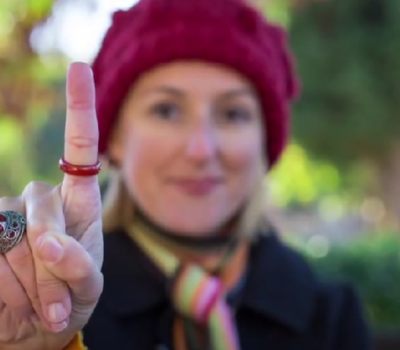
Read more
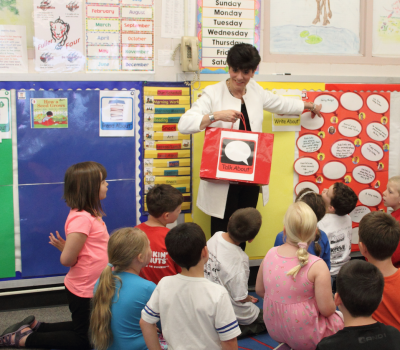
Read more

Read more


Are you looking for solutions? Let us help fund them! Nexus Education is a community of over 11,000 schools that come together to share best practise, ideas and CPD via online channels and free to attend events. Nexus also offers funding to all school groups in the UK via nexus-education.com


Established in 2011, One Education is a company at the heart of the education world, supporting over 600 schools and academies. Our unique appeal as a provider is in the breadth and synergy of the services we offer, supporting school leaders, teachers and support staff to achieve the best possible outcomes for their pupils and staff.

School Space is a social enterprise that has empowered schools for over 12 years through their profitable and hassle-free lettings services. So far, they’ve generated over £5 million in revenue for education, helping to connect over 200 schools with their local communities.


Unify is an online sales and marketing tool that allows users to create tailored personalised documents in moments.


There’s nothing special about the energy we sell. In fact, it’s exactly the same energy as all our competitors provide. But there is something special about the way we do it. Where others complicate the process, we simplify it. Where others confuse customers with hidden terms, we’re an open book. And where others do all they can to make as much money from their customers as possible, we do all we can to make as little. Everything we do, we do it differently. Our customers are a privilege. One we’ll never take advantage of.


Securus provide market-leading monitoring solutions to safeguard students on ALL devices both online and offline. We also offer a full monitoring service, where we carry out the monitoring on behalf of the school, freeing up valuable staff resources. From the smallest school to large MAT groups, Securus offers safeguarding protection for all!


Bodet Time offers dedicated solutions to education through lockdown alerts, class change systems, PA and synchronised clock systems. Improving time efficiency of the working and school day; ensuring safety through lockdown alerts; increasing communication with customised broadcast alerts.


Robotical makes Marty the Robot - a walking, dancing coding robot that makes programming fun and engaging for learners as young as 5. Our robots come with a full Learning Platform that has complete teaching resources, to make lesson planning a breeze.